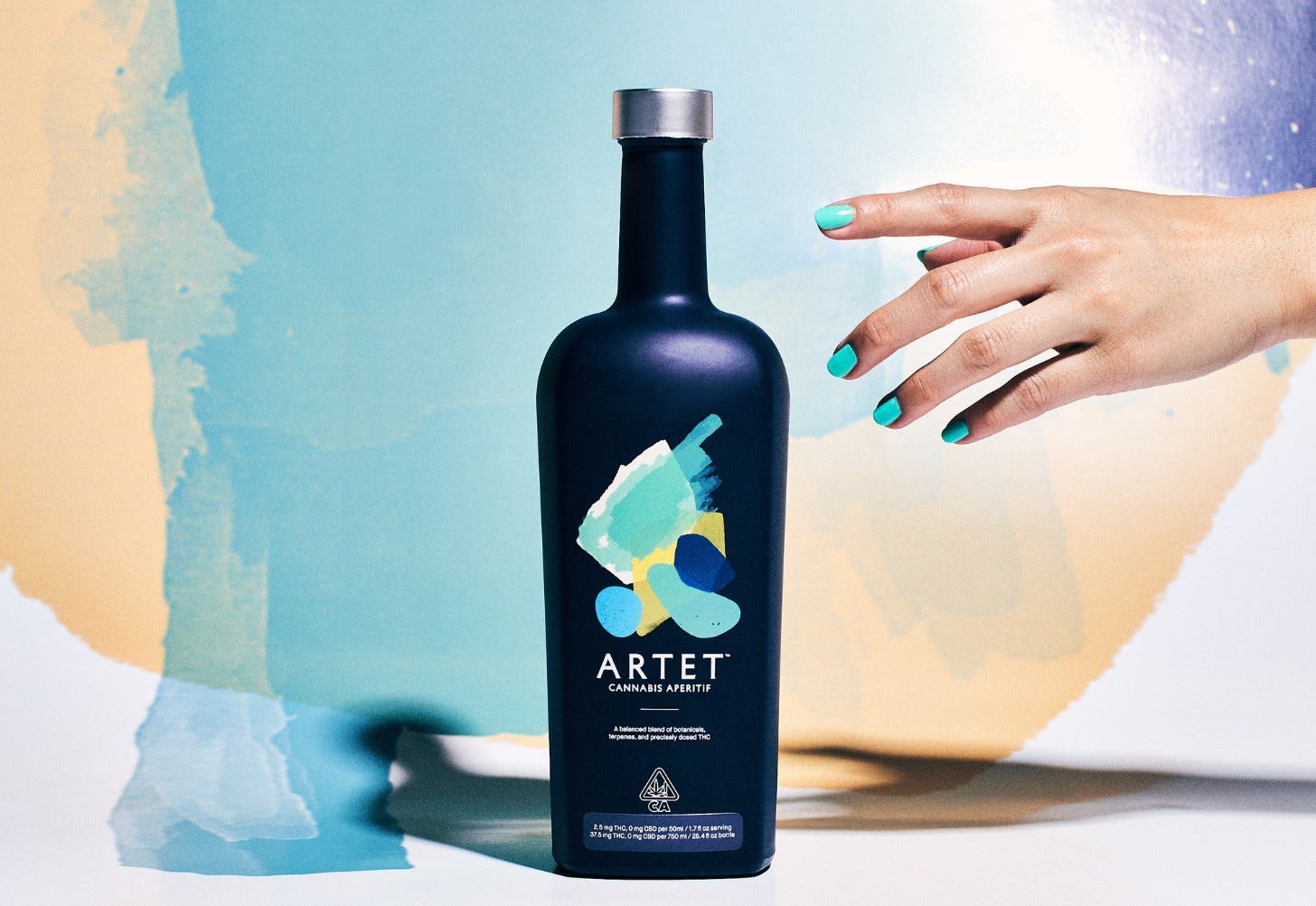The Big Bet on Wellness
CPG and Retail news from the week of 8/4/25
Hello hello!
Today's issue of Express Checkout is brought to you by our friends at Artet (discount code below)—one of the pioneers leading the fourth category of beverages and the next generation of social tonics.
While THC beverages are everywhere now, Artet was one of the original brands to kick off this movement back in 2019. They crafted the world's first cannabis aperitif with the sophistication of Italian amaro culture—eight botanicals, beautiful bottle design, and precise 2.5mg dosing that actually tastes incredible.
Now that the fourth category is taking over retail shelves nationwide (Total Wine dedicates 24 feet to it!), it's the perfect time to try the original that started it all.
Get 20% off anything on Artet’s site plus free shipping with code: XPRESS20
Now, let’s get into the news of the week →





